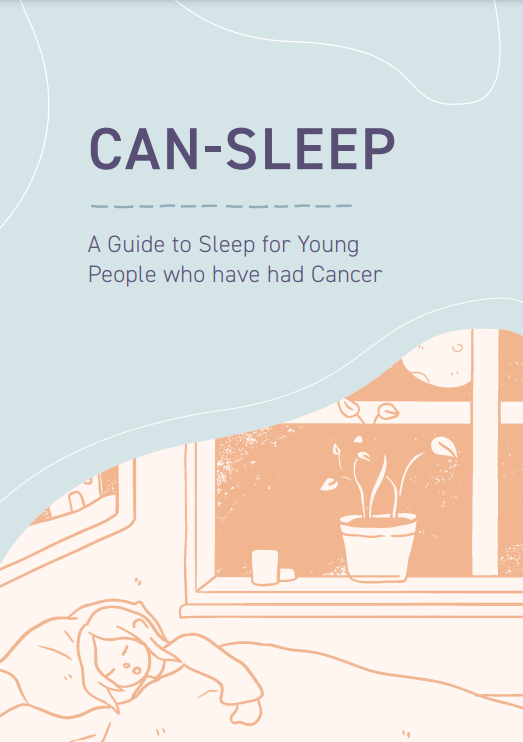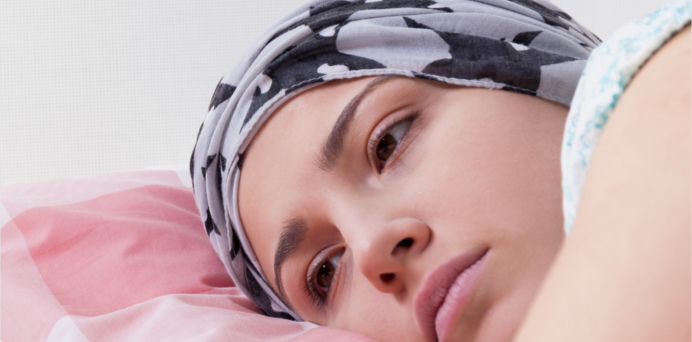Sleep difficulties in AYA have been associated with school and work challenges, deficits in social skills and cognition and emotional regulation difficulties, as well as higher rates of depression, anxiety and posttraumatic stress disorder.
Treatment options
Cognitive behavioural therapy (CBT) is recommended as first-line treatment and has been proven effective in treating sleep difficulties, with results that are safer (e.g. no physical side effects) and more sustainable compared to short-term pharmacological treatments. CBT can include any number or combination of psychoeducational, behavioural and cognitive components, tailored to individual needs and circumstances. It is well-suited to AYA as it can also help address other co-morbid issues highly prevalent within this age group, such as fatigue and anxiety.
With access to traditional CBT support by a trained psychologist or counsellor often limited, self-management resources have been shown to be an effective and acceptable alternative for the treatment of sleep difficulties.
The AYA Can-Sleep Program
AYA Can-Sleep is an evidence-informed, stepped care model for identifying and addressing sleep difficulties in this population. It involves initial screening using measures validated with AYA followed by the following interventions as required: 
-
Further screening and referral to specialist sleep services
-
Provision of and coaching around the self-management resource ‘Can-Sleep: a guide to sleep for young people who have had cancer’
-
Stepped up care to individualised psychology-led cognitive behavioural therapy (CBT)
Developed in partnership between the Victorian Adolescent & Young Adult Cancer Service and the Peter MacCallum Cancer Centre Psychosocial Oncology Program, AYA Can-Sleep has been adapted from the original Can-Sleep program for adult cancer patients and survivors. An evaluation is currently underway.
Implications for care
-
Consider screening for sleep difficulties as part of routine practice to assess the presence of symptoms and risk factors.
-
While traditional CBT is the ideal first line treatment for insomnia, self-management CBT resources are also effective, particularly if combined with psychoeducation- the AYA Can-Sleep Guide may assist in clinical discussions and be provided as a resource to young people.
-
Consider referral to specialist sleep services when underlying conditions such as sleep apnoea or restless legs syndrome are present.


